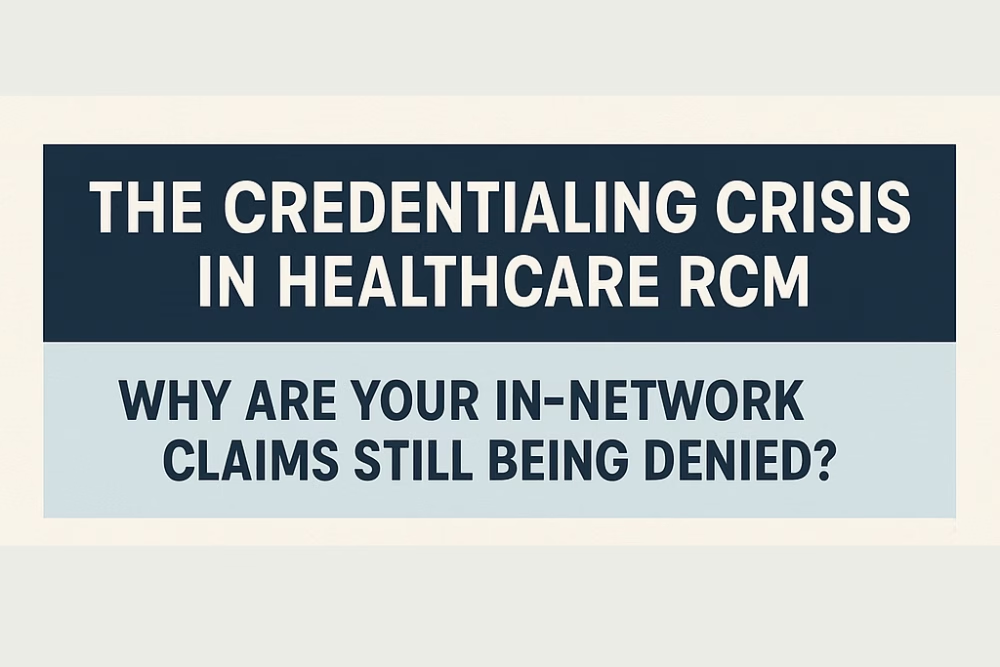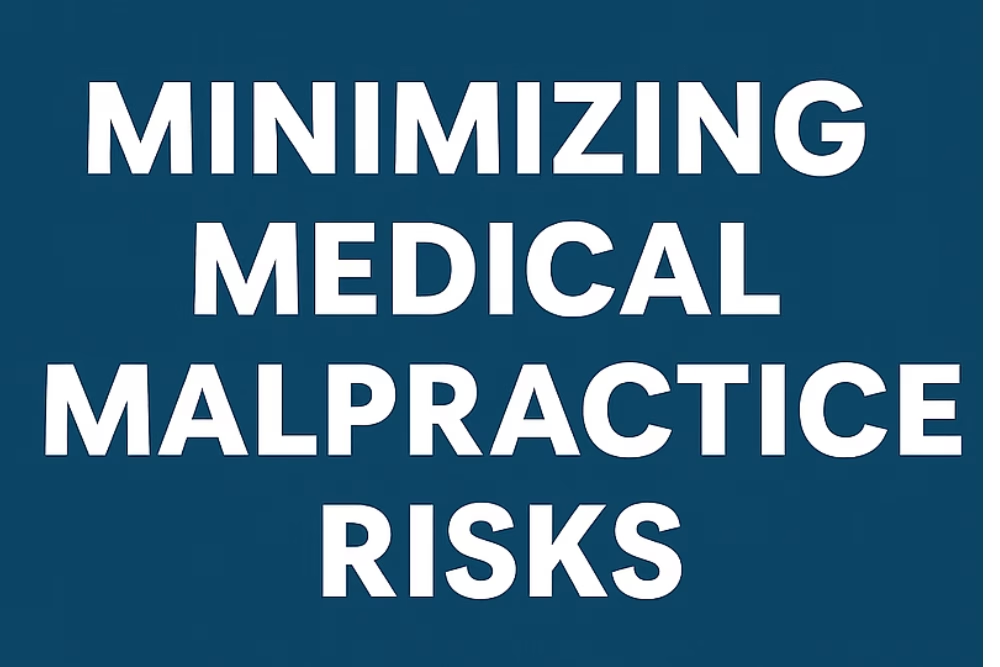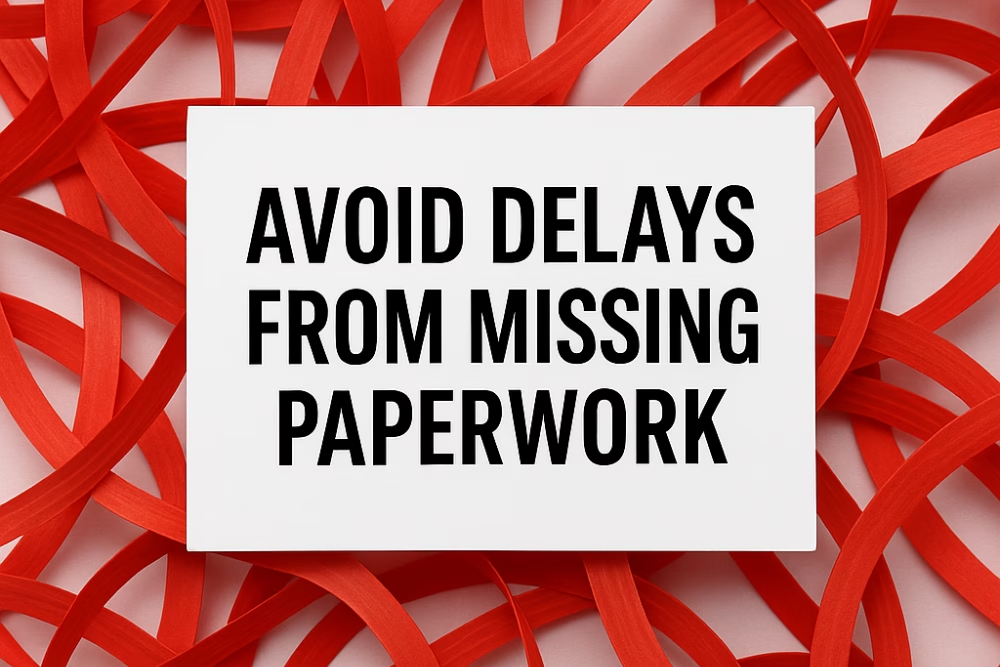In today’s highly regulated healthcare landscape, meeting the licensing requirements for healthcare provider credentialing is not optional—it’s mission-critical. Whether you’re a clinic owner, practice manager, or individual provider, staying on top of licensing, certifications, and controlled substance registrations is essential for ensuring compliance, securing payer reimbursements, and maintaining patient trust.
Licensing forms the very foundation of the credentialing process. Without the appropriate credentials, even the most experienced healthcare providers can face reimbursement issues, legal action, and the loss of in-network status.
Why Licensing Is More Than Just a Formality
Licensing ensures that providers meet professional, legal, and ethical standards. When integrated properly into the credentialing process, it protects both patients and the practice. However, licensing involves more than simply filing forms; each type of license has unique requirements, timelines, and risks if mismanaged.
1. State Medical Licenses
Every U.S. state has its medical licensing board with distinct rules. Providers must:
-
Apply through their state’s licensing portal
-
Submit education, residency, and identification verification
-
Maintain license renewals on time
Practicing without an active state license can lead to:
-
Insurance claim denials
-
Fines or disciplinary action from the state medical board
-
Temporary suspension from patient care duties
2. Board Certifications
While not legally required in most cases, board certifications are increasingly necessary for:
-
Specialist recognition
-
Participation in certain payer networks
-
Performing advanced procedures
Most certifications must be renewed every 7-10 years and require continuing medical education (CME) credits. Failure to renew can affect a provider’s credentialing status with insurers.
3. Controlled Substance Registrations (CSR & DEA)
For providers prescribing medications—especially controlled substances—DEA registration is mandatory. In addition:
-
Some states require a separate Controlled Substance Registration (CSR)
-
Registrations involve thorough background checks and annual renewals
-
Lapses in DEA or CSR status may lead to delayed prescriptions and credentialing disruptions
Navigating the Credentialing Maze
The licensing requirements for healthcare provider credentialing can be overwhelming due to the layers of compliance at the federal, state, and payer levels. Failing to manage even one aspect correctly can create a domino effect impacting billing, operations, and provider reputation.
How eClinicAssist Simplifies Licensing & Credentialing
Don’t let licensing gaps delay your reimbursements or limit your growth. At eClinicAssist, we specialize in end-to-end credentialing and licensing management for practices and providers.
We help you:
-
Track license and certification deadlines
-
Submit accurate and timely renewals
-
Stay compliant with evolving federal and state requirements
-
Focus on patient care while we handle the paperwork
👉 Contact eClinicAssist today for expert support and discover how we keep your practice compliant, credentialed, and ready to thrive.







